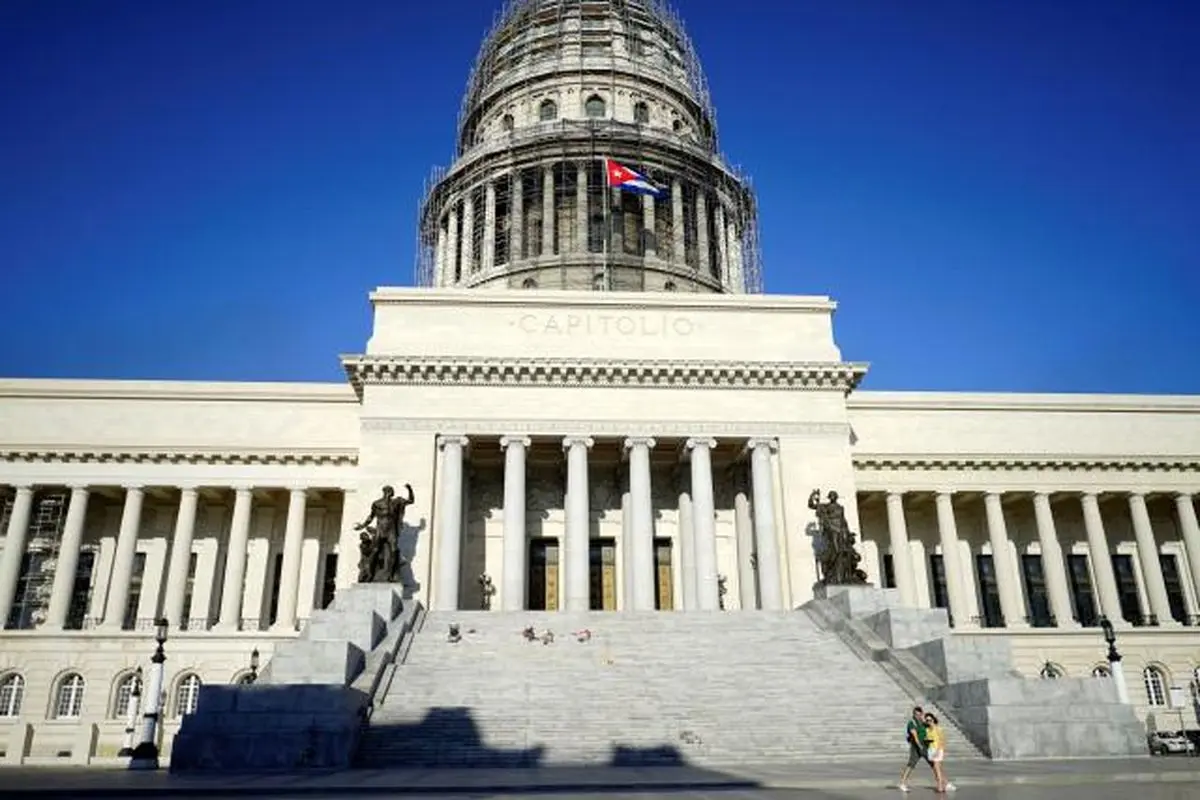Castro set to step aside as Cuban president, his reforms incomplete

Most of Camilo Condis’ family emigrated from Communist-run Cuba to the United States seeking a better life, but the 32-year-old decided to stay after Raul Castro became president a decade ago and promised change.
According to Reuters, seeking to make socialism sustainable, Castro introduced some market reforms to the state-run economy and secured a historic detente with the United States. He made it easier for Cubans to travel, allowed them to own property, cellphones and computers, and expanded internet access.
Condis, who graduated university in 2011, the year Castro announced most of the reforms, now makes a decent living in the capital, Havana, working for a restaurant in Cuba’s fledgling private sector, and renting out a flat. He surfs the web daily and has traveled outside the Caribbean island.
But even Condis, who has benefited more than most from the changes, is worried about the future as Castro prepares to step down as president this week and hand off power to a younger generation of Communist leaders.
“I decided I could bet on a good future here,” Condis said on a street buzzing with private cafes and shops, fruit of the changes. “But there is a lot of uncertainty.”
Like most Cubans, his biggest concern is the creaking economy, which remains one-third smaller than in 1985 when it was receiving subsidies from its ally the Soviet Union, according to former Cuban central bank economist Pavel Vidal.
Castro introduced some new social freedoms when he officially took power from his ailing older brother Fidel Castro in 2008, albeit maintaining the one-party system that has a monopoly on the media and little tolerance for public dissent.
On the economy, his government has implemented only a fraction of its planned market reforms, which aimed to deepen an opening Fidel Castro had started following the collapse of the Soviet Union in 1991. It has even backtracked on some.
Those who welcomed the proposed changes blamed this on resistance to change from the party and entrenched bureaucracy as social inequality rose and the state’s control diminished.
“He created the main lines, the institutions, but what he wasn’t able to do is end the old mentality,” said Carlos Alzugaray, a retired Cuban diplomat.
More than two-thirds of Cubans work in the inefficient state sector, earning on average $30 per month, although free education and healthcare and some subsidized food and housing offset low wages to some extent.
In interviews across the country, Cubans told Reuters they are struggling to get by. Travel and use of the internet at $1 per hour were luxuries many could ill afford.
The benefits of the economic opening have been concentrated on the private services sector in cities, especially Havana where better relations with the United States boosted tourism.
But even there, opportunities were curtailed last year when U.S. President Donald Trump partially reversed the detente, and they look set to be curbed further by tighter regulations.
The economy has grown on average 2.4 percent per year over the last decade, according to official statistics. The government said in 2014 that annual growth of at least 7 percent was necessary to develop the country. And exports have stagnated.
Some analysts say Castro may have missed a historic opportunity to enact change given his authority as a leader of the 1959 revolution. Others say his legacy hangs in the balance.
Much will depend on the path taken by his successor - likely to be 57-year-old Miguel Diaz-Canel - and on how much Castro maintains a hand in policy as he remains head of the ruling Communist Party until 2021.
END
